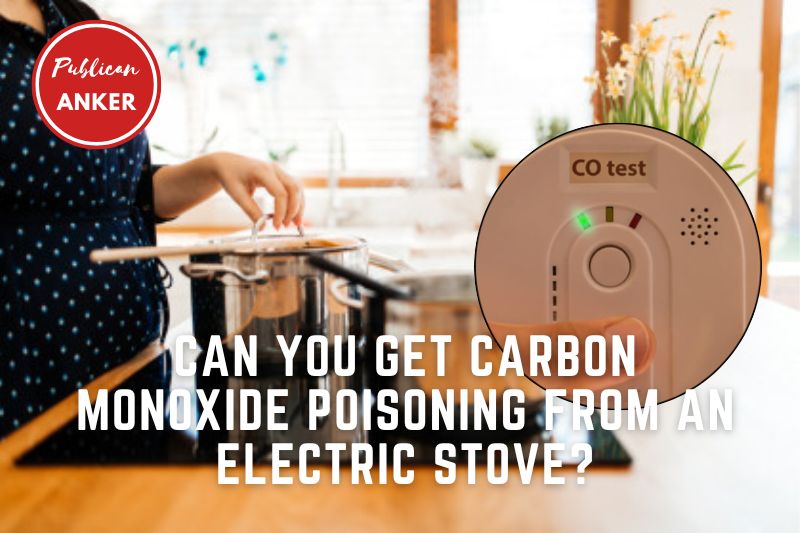Although you wish to use a stove, you’re constantly wondering: can you get carbon monoxide poisoning from an electric stove? Right! Health-related queries are always our top priority to deliver the quickest and most precise answers.
The article below mainly studies Carbon in thickness. In any case, we’ll explain the construction and the advantages the stove attracts. And your query will be answered clearly by people.
What Appliances Give Off Carbon Monoxide?
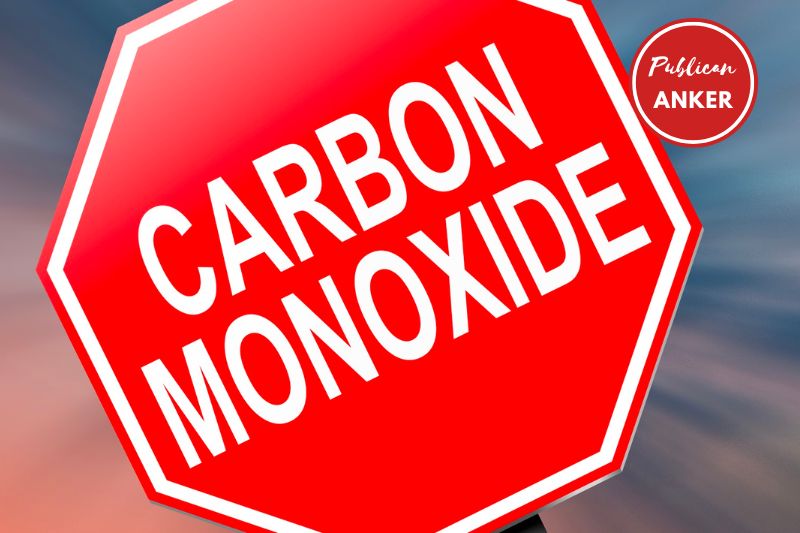
Household appliances that are sources of carbon dioxide include:
- Gas stoves and ovens
- Grills, generators, power tools, yard equipment
- Motor vehicles
- Cloth dryers
- Water heaters
- Boilers or furnaces
- Wood stoves
- Fireplaces, both gas and wood-burning.
Can You Get Carbon Monoxide Poisoning From An Electric Stove?
No, carbon monoxide poisoning can not be obtained from stoves since it’s produced by devices that burn gas, so any fuel-burning apparatus in your house is a possible resource of carbon monoxide.
Electric heaters, electric water heaters, toasters, and other electrical gadgets that don’t utilize gas don’t produce CO under any circumstance.
The stove doesn’t remove the chance of fire and burn, but they’re usually protected from monoxide.
How Much Is Carbon Monoxide Too Much?
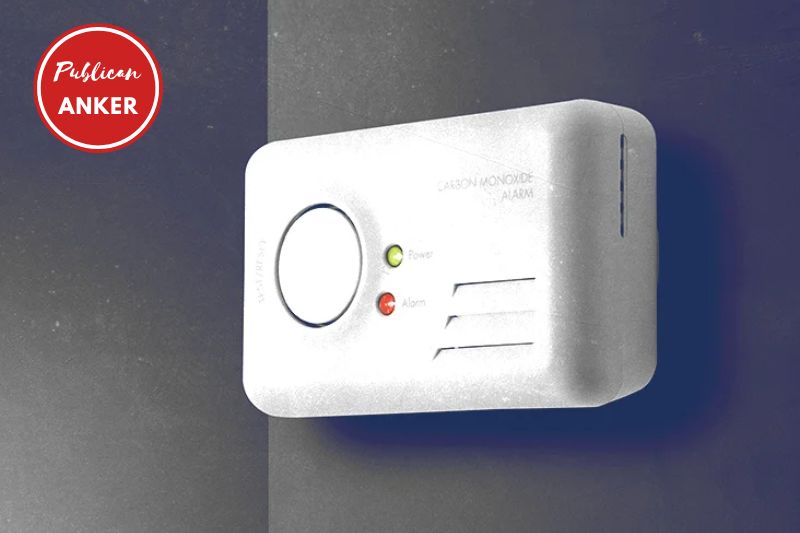
In general, the concentration of CO is measured in parts per million (ppm).
The maximum allowable level of exposure during an 8-hour workday is 50 parts per million, as determined by the Occupational Safety and Health Administration. However, this does not mean exposure to CO below 50 ppm is safe.
Carbon monoxide levels exceeding 200 parts per million can be dangerous, causing headaches, dizziness, and nausea in those exposed.
Prolonged exposure to CO levels above 400 ppm can be life-threatening, leading to unconsciousness, brain damage, and even death.
Children, pregnant women, and people with pre-existing respiratory and cardiovascular conditions are more susceptible. Even low levels of CO exposure can have adverse effects on their health.
What Are The Symptoms Of Carbon Poisoning?
Carbon is a deadly gas to be prevented at all costs. This gas, in particular, has dire effects on the entire body, and breathing a Lots of CO can make you pass out or kill you.
Nevertheless, It’s frequently called having flu-like symptoms. A number of the typical symptoms include:
- Aches and pains
- Nausea and vomiting
- Chest pain and shortness of breath
- Dizziness and lightheadedness
- Balance problems
- Memory problems
- Unconsciousness
- Confusion
- Weakness
Benefits Of Stove For Home
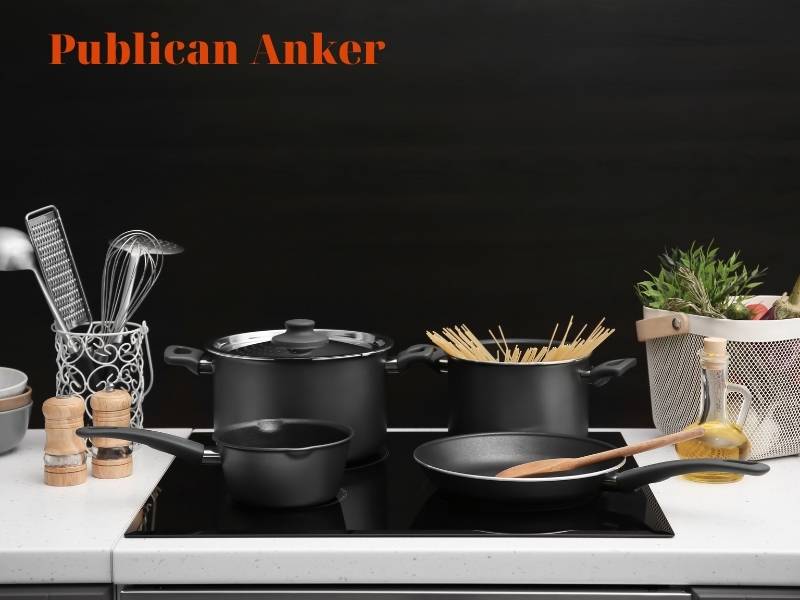
1. No Carbon Monoxide
If you ask, “Would you get carbon poisoning from a stove?” Then you have an eye on this facet of an electric oven.
Generally, you aren’t likely to need to take care of monoxide exposure with an electric oven. This is a significant advantage regarding the health and security of the nearest and dearest, including yourself.
You do not wish your children or loved ones to be vulnerable to this at the house. This can be dangerous, and it may result in death.
That is precisely why deciding on a stove is much better since it won’t create a worry from home.
If you’re asking, “Would you get monoxide poisoning from a stove?” Then it’s ideal to go with a stove. It will keep you safe and sound, and you won’t have to second-guess any house improvements you make.
2. Easy to Maintain
You’re not likely to need to worry about upkeep.
This is equally as important as asking, “Would you get monoxide poisoning from a stove” Because you may want something simple to keep.
It ought to settle in the background, and that’s what the typical electric oven does.
Care is a cinch with electric ovens, and that’s why they’re a frequent choice in contemporary households globally.
If it comes to upkeep, you’re likely to enjoy the advantages of an excellent electric oven in your home.
This will be among these appliances, which will age nicely if you purchase the ideal kind for your property.
3. Constant Heat Output
What’s the one thing you’re likely to need from a cooker?
You’ll likely need good heat production, which isn’t expected to become a problem!
A fantastic stove will work nicely, providing tremendous warmth at the drop of a hat.
Could you turn it on, and off you go?
The typical electric oven will provide a tasteful quantity of electricity due to the electric components.
You’re likely to appreciate how elegant the operation is.
This is particularly true regarding several of the more excellent electric ovens available on the market. You may just put them up and feel great about how they operate.
What Protections Are There Against Carbon Monoxide Poisoning?
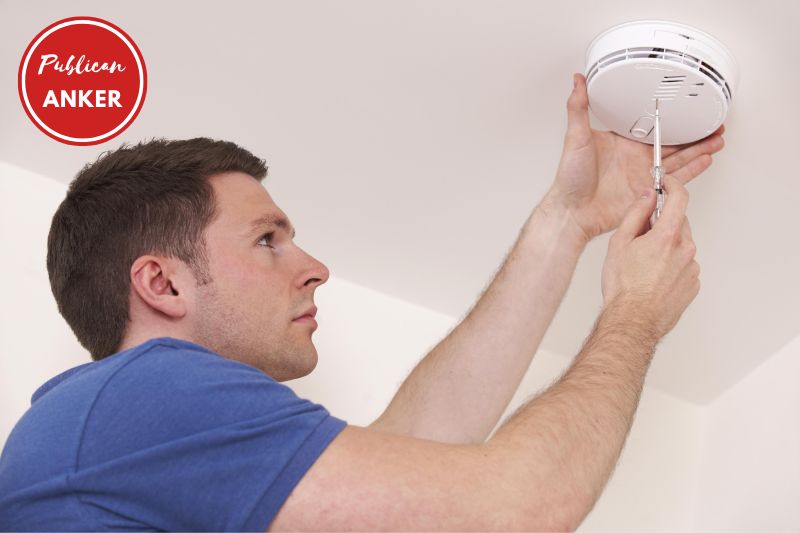
There are several protections you can take:
Install Carbon Monoxide Detectors
Installing carbon monoxide detectors in your home is the best way to detect gas leaks. These detectors can alert you when the CO levels are too high, giving you time to evacuate before it becomes life-threatening.
Regular Maintenance of Appliances
Regularly maintaining your household appliances is crucial to ensure that they function safely and do not produce dangers.
Professional maintenance is recommended once a year for all fossil fuel burning appliances. This includes gas ranges, ovens, water heaters, and furnaces.
Proper Ventilation
Proper ventilation is essential to prevent the buildup of carbon monoxide in your home. Ensure your vents, chimneys, and flues are clean and functioning correctly.
Never Use Fuel-Burning Appliances Indoors
Fuel-burning appliances such as generators, charcoal grills, and camping stoves should never be used indoors or in enclosed spaces. These appliances produce carbon monoxide and can cause lethal concentrations in enclosed spaces.
Educate Yourself and Your Family
Learn the signs of carbon monoxide poisoning and how to prevent it in yourself.
The signs and symptoms include head and brain aches, fatigue, nausea, vomiting, chest discomfort, and muddled thinking.
Some relevant posts:
- How To Get Burn Marks Off Electric Stove Top
- Best 10 Qt Electric Pressure Cooker
- Can You Manually Light A Gas Stove With Electric Ignition
- Can You Replace A Gas Stove With An Electric Stove
- Can You Use A Griddle On An Electric Stove
- Can You Use A Grill Pan On An Electric Stove
- Can You Use A Wok On An Electric Stove
- Do You Need A Vent For An Electric Stove
- Electric Kettle Vs Stove
- Electric Pressure Cooker Vs Stove Top
- Electric Skillet Vs Stove Top
- Electric Stove Burner Covers You Can Cook On
- Electric Stove Flat Top Vs Coil 2023: Which Is The Best Choice?
- How Does An Electric Stove Work
- How Hot Does An Electric Stove Get
- How Many Watts Does An Electric Stove Use
- How Much Is An Electric Stove
- How To Clean Black Electric Stove Top
- How To Clean Electric Stove Burners
- How To Clean Electric Stove Drip Pans
- Can Induction Cookware Be Used On Electric Stove
FAQs
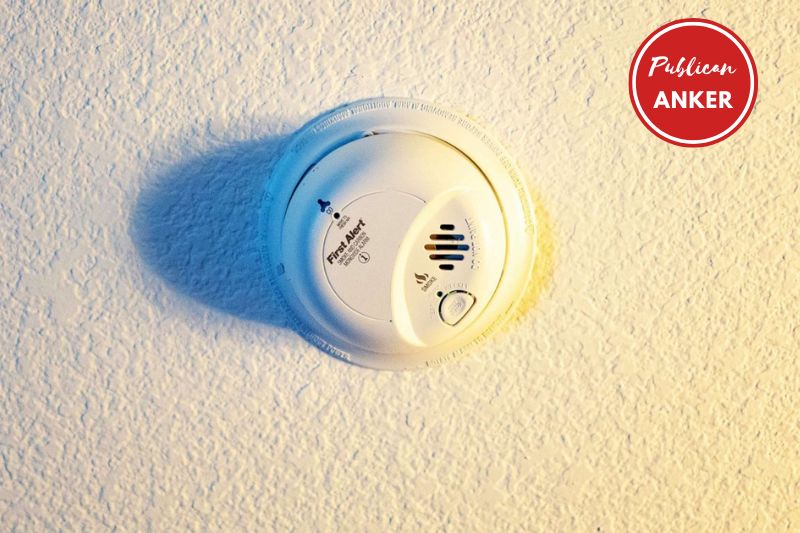
What does carbon monoxide smell like?
Carbon monoxide is an odorless gas, which means it has no smell.
Since carbon dioxide is an odorless, tasteless, and colorless gas, it’s called the “silent killer.”
Can fumes from a self-cleaning oven make you sick?
The Teflon coating within the oven is secure once you bake and broil food products, but the oven heats up to 600 degrees Fahrenheit or longer throughout the cleaning cycle and may produce toxic Teflon fumes.
These fumes may cause flu-like symptoms like coughing, sweating, and breathing problems.
Do electric dryers give off carbon monoxide?
No electric drier doesn’t give off carbon dioxide. Nevertheless, like gas, you will find large quantities of moist air and lint coming from it, and if it collects, it may seriously cause harm.
Venting your electric drier within the home may also result in mold and condensation problems.
Are electric stoves worth it?
Stoves are worth investing in since they’re relatively simple to work and less costly to set up and run, making them a fantastic alternative for many men and women. Electric stoves are also energy efficient.
What does it sound like when a carbon monoxide detector goes off?
When it does away, the noise created by a carbon sensor is called a chirping, beeping, and squeaking noise. Most carbon sensors give a brief chirp or beep noise.
When you listen to this, the first issue is paying attention to the specific nature of the noise.
What removes carbon?
Household appliances, including gas fires, boilers, central heating systems, water heaters, cookers, and open fires that use gas, gas, coal, and timber, might be potential sources of CO gas. It occurs when the fuel doesn’t burn completely.
For example, running a vehicle engine in an enclosed area may lead to CO poisoning.
Conclusion
The solution is the stove doesn’t emit carbon dioxide and doesn’t poison you. In addition, an electric stove with an exceptionally secure, contemporary layout helps improve our own lives.
Lately, we’ve compiled all information regarding the stove and its advantages so you may use it together with reassurance. Thank you for reading this post.
